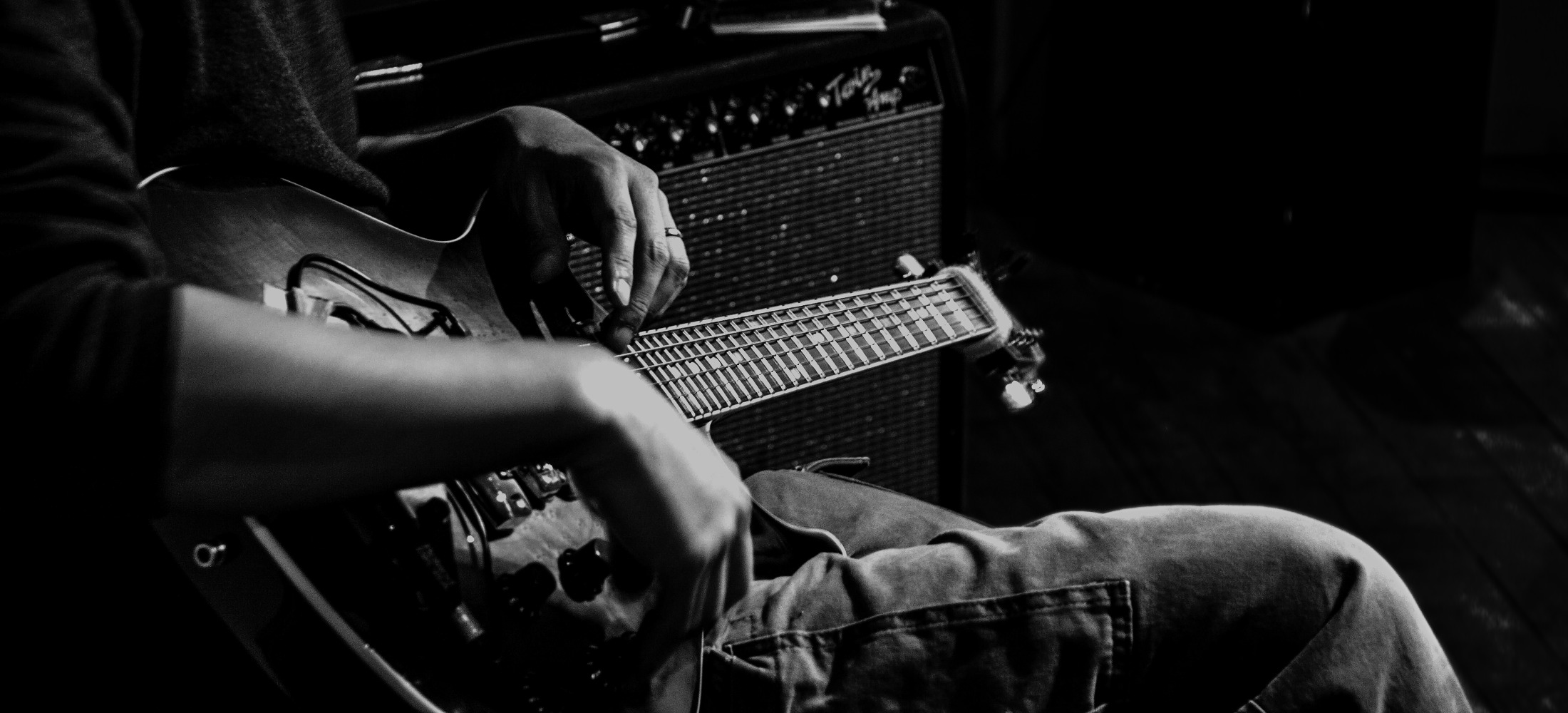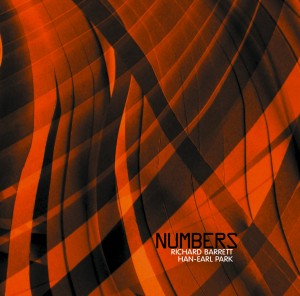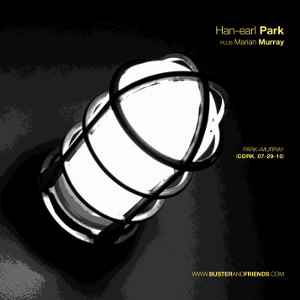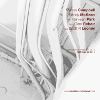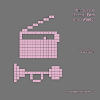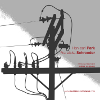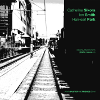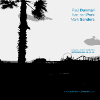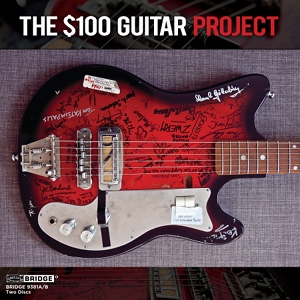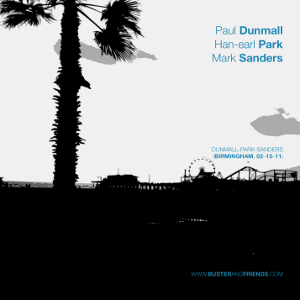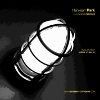Pedro Rebelo has just posted a video of ‘Call them Improvisors!,’ an Evan Parker-led ensemble performance that took place at the Sonic Arts Research Center, Belfast, November 7, 2010 [details…] [Sonorities page…].
The performers were Mark Trayle (electronics), Gascia Ouzounian (violin), Chris Brown (piano), Paul Stapleton (percussion), Dan Goren (trumpet), Don Nichols (percussion), Simon Rose (saxophone), Gustavo Aguilar (drums), Han-earl Park (guitar), Ulrich Mitzlaff (’cello), Tasos Stamou (zither), Dominic Lash (double bass), Christopher Williams (double bass), Nuno Rebelo (guitar), Richard Scott (synthesizer), Steven Davis (drums), Pedro Rebelo (piano), Justin Yang (saxophone) and Franziska Schroeder (saxophone). Shortly after the performance, I wrote:
Thanks in to the members of my local trio (as Richard pointed out, it’s very hard not to feel the pull of tribalism), Ulrich Mitzlaff and Gascia Ouzounian; to the emergent section leader of the neighboring trio Pedro Rebelo (with whom, during the rehearsal/trial run, I would share looks when things (creatively) self-destructed); to the Simon Rose-Dan Goren-Paul Stapleton unit which, in the best possible sense, seemed to have an agenda entirely their own; to the two bass players, Dom Lash and Christopher Williams, who entertained my left ear; to the remarkable drummers, Gustavo Aguilar and Steve Davis, who always knew, better than the rest of us put together, how to push/pull such a large ensemble during free play; to Franziska Schroeder for soaring over the group; Chris Brown for the asymmetrical hocket between Pedro, Justin and myself; to the electro-dudes, Mark Trayle and Richard Scott, who always sounded like themselves (especially the bass sample, Richard) and who generously gave visual/physical cues in relation to their performance; to the other guitarist, Nuno Rebelo, who artfully avoided collisions—I think we played well together, even if we rarely played at the same time; and to Justin Yang for creating, with Gustavo, that all too brief Shepp/Sanders moment—a moment of ascension—that helped to remind me what this was all about.
And of course, thanks to Pedro, Steve and Franziska for hosting, organizing and inviting, and to Evan Parker for taking time to guide us and the music.
I feel privileged to have been part of a large ensemble of improvisers of that caliber… and to have, through necessity and accident, found myself seated in the ideal position on stage (right in the middle—between the two pianos, the two drummers). I’m still thinking through the implications of tactics within such a context (especially in open improvisation), and am itching to do it again. [Original article…]
One for the Scrapbook…
